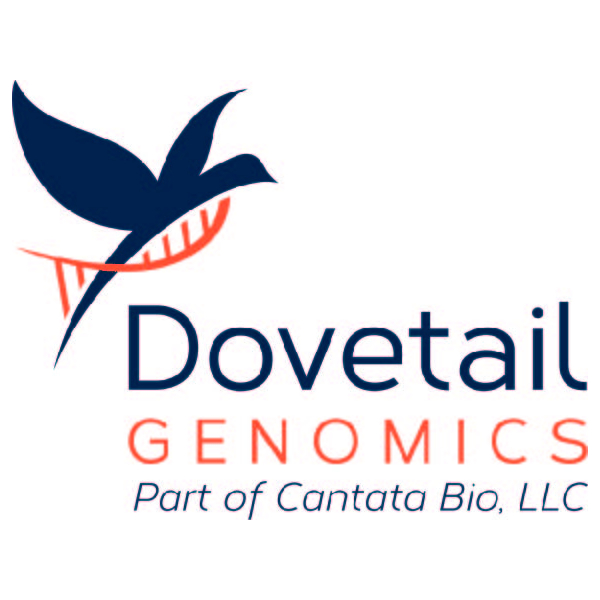Breast cancer is the most frequently diagnosed cancer in women, with European countries having some of the highest age-standardized incident rates of early-onset (< age 50) breast cancer in the world. Yet, our understanding of the genetic and environmental factors triggering the pathophysiology...
The objective of IMPaCT-Genómica 2 is to improve equitable access to faster and more reliable diagnoses for rare diseases (RDs) and low-frequency genetic tumors within the National Health System (SNS), facilitating their prevention, therapy research, and impact assessment. Previous results from...
Chemotherapy (CT) remains the cornerstone of colorectal cancer (CRC) treatment worldwide; however, many patients experience disease progression despite therapy. Although conventional markers aim to account for CRC heterogeneity to guide treatment decisions, they often yield inconsistent results,...
The IMPaCT Cohort aims to advance research in precision preventive medicine through the recruitment of 200,000 participants. For each of them, epidemiological information, a comprehensive physical examination, and environmental exposure measurements will be collected, all of which must be...
Although the prognosis of patients with colorectal cancer (CRC) has slowly improved during the past decades, metastatic CRC (mCRC) still has a devastating survival of less than 15%. Therapeutic options for most mCRC patients are scarce, and immunotherapy has shown limited benefits so far. The lack...
Innovation in the genomics field is extremely intense and requires significant up-front investments. The toolbox of sequencing platforms, each with unique features requiring specialised training and leverage extensive cross-functional expertise, is rapidly expanding. The EASIGEN-DS project...











